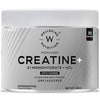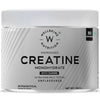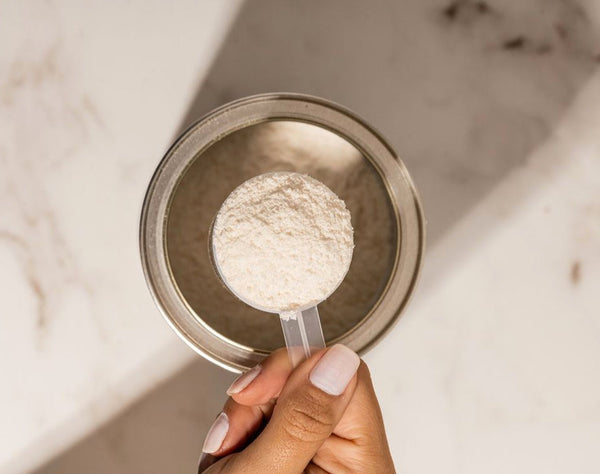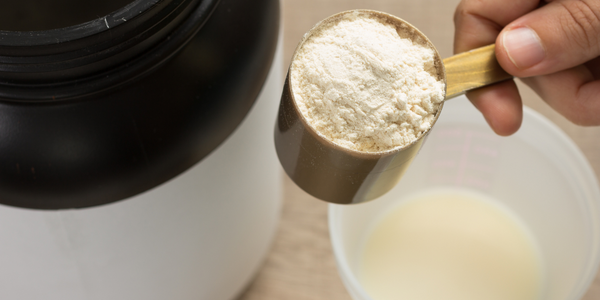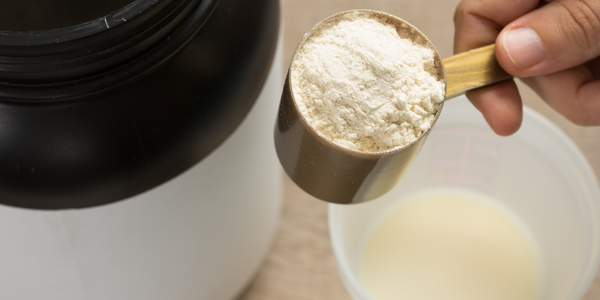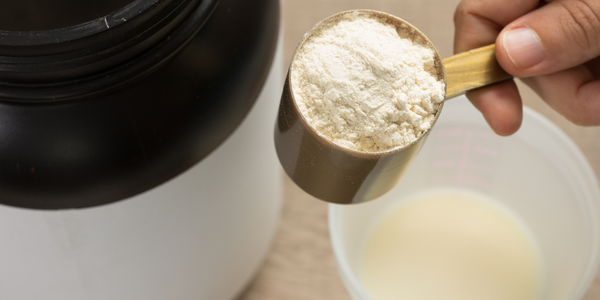One supplement that has caught attention in recent times this year for its muscle repair and recovery benefits is creatine. In addition to muscle gain and strength benefits, creatine is equally remarkable for its role in recovery. The article will discuss what creatine is, how it works in muscle recovery, who may benefit from its use, and guidelines on how to use it effectively.
What is Creatine?
Creatine is a naturally occurring compound, mainly found in the muscle and to a lesser extent, in the brain. It is formed from amino acids like glycine, arginine, and methionine, and it can also enter the body through diet. Among those sources, red meat and seafood are the main contributors. In muscle, creatine comprises about 95% of the total creatine stored in the body, wherein this compound contributes to energy provision during high-intensity, short-duration exercises. (JISSN)
The Role of Creatine in Muscle Recovery
Creatine is one kind of performance-enhancing supplement, but interestingly, it is also associated with muscle recovery through several other mechanisms:
-
ATP Production: Replenishing Energy Stores Post-Exercise
Quite interestingly, during short bursts of very intense activity, adenosine triphosphate (ATP) in the muscles is used up quite rapidly which is the main energy currency of the cell. Muscle creatine acts as phosphocreatine and provides a phosphate group to ADP to regenerate ATP. This helps sustain energy availability during short bursts of activity and speed up the recovery of energy stores post-exercise. (NIH)
-
Reducing Muscle Damage: Minimizing Microtears and Inflammation
Strenuous exercise causes microtears in muscle fibers, resulting in soreness and inflammation. Creatine supplementation might mitigate markers of muscle damage and inflammation, therefore, accelerating recovery, according to some studies. For instance, research shows that less muscle damage occurred after eccentric exercise in creatine-supplemented individuals than in non-supplemented individuals. (NIH)
-
Enhancing Protein Synthesis: Supporting Muscle Repair and Growth
Creatine has been proven to enhance protein synthesis, which is believed to be responsible for muscle repair and growth. It is thought that by encouraging the absorption of water in muscle cells, creatine helps create an environment within which protein synthesis is more likely to occur. Extra water creates an inference of better muscle repair. (NIH)
-
Hydration & Cell Volume: Retaining Water for Muscle Healing
Creatine supplementation raises intracellular water content allowing the muscles to retain water. This volumizing effect contributes to both the fullness of the muscle as well as the reduced breakdown of muscle protein and the promotion of an anabolic environment that favors the repair of muscle.
Who Can Benefit from Creatine?
Creatine’s recovery benefits go beyond bodybuilding and strength sports. Various individuals can find creatine supplementation valuable:
Athletes, Weightlifters, and Endurance Trainers
Creatine is a powerful ally for high-intensity athletes, weightlifters, and endurance trainers. It helps accelerate recovery, reduce muscle soreness, and enhance performance, allowing individuals to train harder and recover faster between sessions.
Individuals Recovering from Injuries or Surgery
For those undergoing rehabilitation, creatine can help preserve muscle mass that might otherwise be lost due to limited mobility. It supports protein synthesis, minimizes muscle breakdown, and aids in muscle recovery, making it beneficial for individuals recovering from injuries, surgeries, or related complications.
How to Use Creatine for Optimal Recovery
To maximize the recovery benefits of creatine, it's essential to understand proper dosing, timing, and how to combine it with other nutrients:
Most commonly, creatine supplementation involves a loading phase: typically, 20 grams taken in divided doses of 4 g each, for a total of 20 g/day over 5 to 7 days; this promotes rapid saturation of muscle stores. An alternative is to take a daily dose of 3 to 5 g to reach saturation more slowly over time.
Best Time to Take Creatine
The ideal timing for creatine supplementation is still debated. Some research suggests that taking it post-workout may enhance muscle recovery and growth, while others find no significant difference between pre- and post-workout intake. Ultimately, consistency matters more than timing—maintaining a steady daily intake is key to maximizing benefits.
Pairing Creatine with Other Nutrients
Combining creatine with carbohydrates and proteins can improve its absorption. Insulin, which rises when consuming sugars and proteins, helps transport creatine into muscle cells more efficiently. Additionally, staying well-hydrated is crucial, as creatine draws water into muscle cells, and inadequate hydration may increase the risk of dehydration.
Conclusion
Creatine is uniquely versatile, with major muscle recovery benefits that sit alongside performance enhancement. It aids the body's natural recovery by replenishing energy stores, decreasing muscle damage, improving protein synthesis, and aiding cellular hydration. For athletes interested in optimizing performance, fitness enthusiasts hoping for faster recovery, and anyone trying to recover from muscle-related injuries, Creatine supplementation can make an effective addition to their routine when used correctly.








